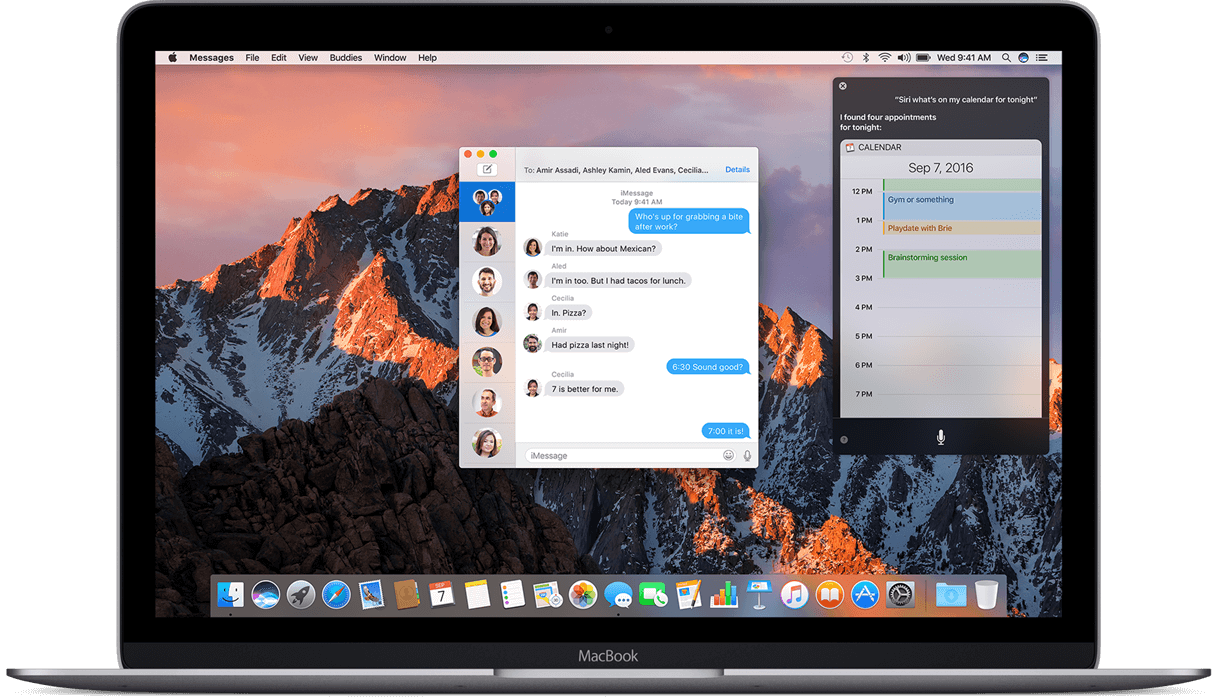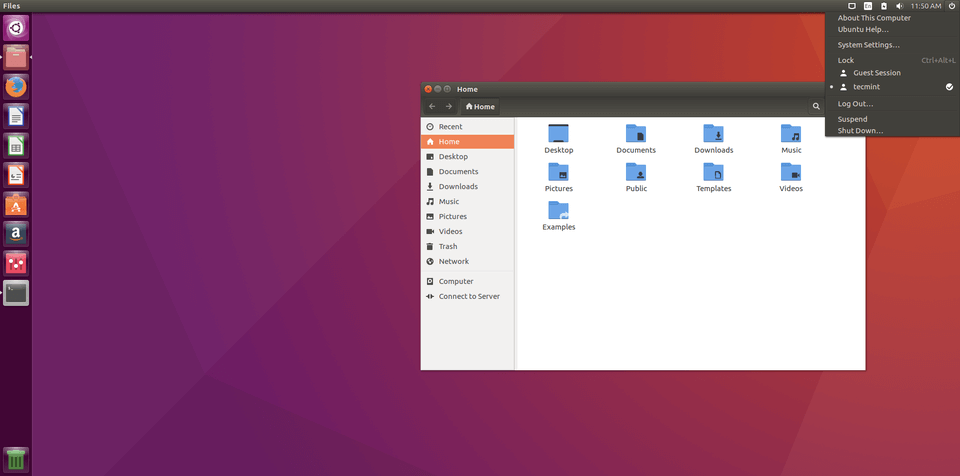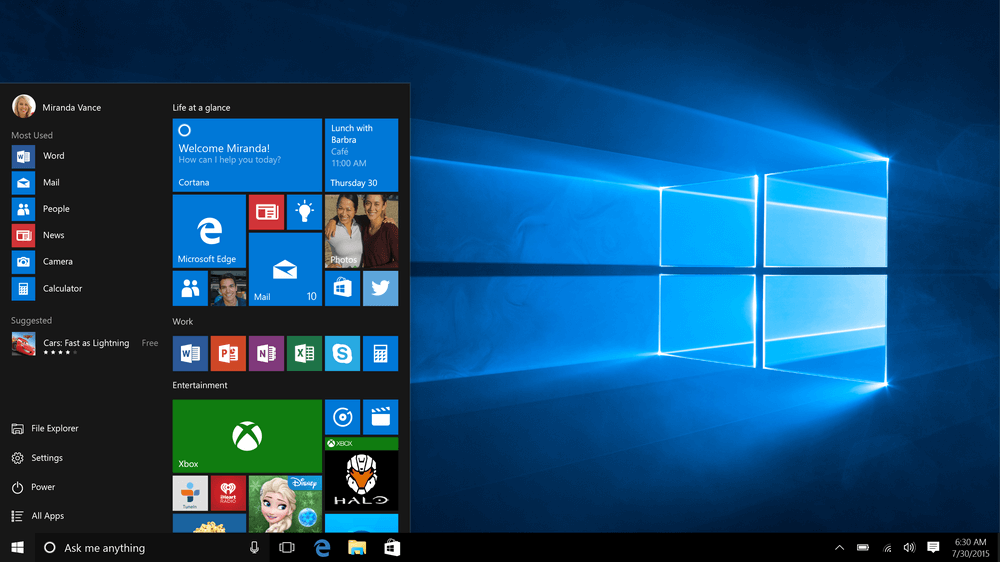In the world of technology, there is hardly “one best suited” operating system that works just fine for everyone. A large business corporation might choose to stick with Windows 7 despite it’s often sluggish nature in comparison to other operating systems.
This might be because of it’s software compatibility component and user friendly nature in addition to various other points. Others might opt for Mac OS X because of its reliability being that Apple hardware are controlled by manufacturer making it less susceptible to virus attack.
Again others might choose a GNU/Linux because of it’s stability as it has a way of combating hardware faults leaving the system unharmed.
The purpose of this article however, is to take a look at which operating system crashes less often.
Mac OS X
Mac OS X, BDS-based and part of the UNIX family, is the operating system developed in the year 2001 to succeed Mac OS. Designed specifically to operate on Mac computers, it has been the default operating system on all Mac computers since the year 2002.
Generally, Mac OS X are seen to be safer in terms of security compared to windows. In the past, it was even thought to be immune to viruses or malware. However, this is no longer the case.

A Mac OS X might survive for a while without an anti-virus but that doesn’t mean that the system is invulnerable to virus attack. One advantage a Mac OS X has over others is that it’s drivers are very stable due to the fact that they can only be targeted to very few devices.
Again this makes the system less susceptible to crashing. However, as little chances there are of a Mac OS X crashing, it still does crash. The crash can be caused by software bugs and incompatibilities, there might not be enough system memory for applications to run, too many applications running at once or applications vying for disk access.
GNU/Linux Operating System
Linux, just like the Mac OS X, is also part of the UNIX family. It was created in 1991 by a student called Linus Torvalds. Not only is Linux the dominant operating system for most market segments, it is the most widely developed operating system.
What makes Linux different from others is that it is an open source software. It is free and available to everyone to view or edit. Unlike the Mac OS X, there are numerous distributions of Linux including various software options offering users the choice of choosing the one that best suits the need.

It is also common knowledge that Linux system rarely crashes and even in the advent of it crashing, the whole system normally won’t go down. The programming code is available to all for viewing and as such, the Linux is also less susceptible to malware due to its numerous viewers constantly watching it.
Spyware, viruses, Trojans and the like, which often compromise computer performance are also a rare occurrence with the Linux operating system.
Windows Operating System
Windows 7 is an operating system part of the Windows NT family, developed by Microsoft. Vast majority of software are written for windows making it more compatible with other softwares in comparison to Linux.
However, a Window 7 has been known to crash for various reasons ranging from bad memory or motherboard to corrupt registry or drivers. Windows 7 is also quite susceptible to viruses and Trojans without a good anti-virus in place.
Also, Window 7 has little or no control over hardware and as such it’s quite open to attacks which can lead to crashing. For people who just want to fulfill basic needs with their PC, windows 7 is more user friendly in comparison to Mac OS X and Linux.
However although Window 7 remains popular, Microsoft has released Windows 8 and Window 10 respectively. The question is, how much do they improve on the vulnerabilities of windows 7? the answer is not very much.

Windows 10 the most recent version and has a longer period of extended support which is the period in which Microsoft will stop supporting security updates for the Operating System. With Windows 10 you get 2 years more than Windows 8 and five years more than windows 7.
This may be a great help when it comes to solving crashes but does not stop the crashes itself. One can recall the KB 3081438 update which was forced on users shortly after the launch of windows to fix a bug that caused frequent crash loops. There were reports popping up in the web that not only did the update force a reboot but would install only partially, and after the reboot would re-install again.
This would never happen with a Linux distro.
This is may be debatable but to my mind, the only other advantage that Windows 10 has on its two predecessors is that it was offered as a “free upgrade”. But of course is this has nothing on Linux which is also free to download amongst many other advantages.
In conclusion, just like it was stated at the beginning of the article, there isn’t one perfect operating system that suits everyone. That being said, most reports show that all things considered, a Linux operating system is less likely to crash. Mac OS X too has very limited chances of crashing and some would prefer it over a Linux.

I think the real question is, “What operating system would you rather use.” You can have a super stable operating system with any of them… some of them you can have running for years. But when you meddle with alpha and beta builds, you’re certain to see muddy waters. Still… I’d rather use a crash happy Linux install over the other two any day of the week. Own your data.
As far as my own experiences with various operating systems:
Mac OS X – Nice and functional, but too “locked in” when it comes to software. Also the hardware isn’t upgradeable to a level that is feasible. In other words I have an iMac from 2009 that can’t go any higher than 6GB of RAM. Not usable in today’s world of streaming and multimedia.
Windows – Just awful! From BSOD’s to crashes with mysterious codes. It just sucks! And yeah, I know….Windows XP got upgraded to 7…..then 7 to 8…..then 8 to 10…but you know what? I STILL get “mysterious” messages and BSOD’s except now they’re designed with the “Material Design” flat look! Here’s one:
So no. Not going that router EVER again!
Linux: I have been using it since 2003 and for the life of me I can’t figure out why it’s not the number one OS out there! I guess it doesn’t have the advertising budget of either Microsoft or Apple. But it “Just Works”. Granted its not all a bed of roses, there’s lots that could use improvement. But the beauty of this OS is that….if you don’t like something?…you’re free to change it as YOU see fit!….nto a bunch of suits who studied a survey…..not some hipsters in California who drink lattes and wear sandals to work. But how YOU want it to be! Don’t like your taksbar at the bottom of your screen?…CHANGE it, want a different office suite other than what comes with the distro you installed?…CHANGE it, you like Chrome over Firefox?…but your distro shipped with FF as the main browser?…CHANGE it. IN the world of Linux the world is yours. I know….there’s all kinds of issues with programs that aren’t compatible with todays other apps, but for someone who just wants to compute without being force-fed ads and bloatware? you can’t go wrong here.
I was hoping for some statistical data. Like pick a company that uses all three operating systems to do similar work, and then look at the systems crash logs over several years and a bunch of different systems and create an average. It would be a hard thing to “test,” and get an accurate comparison but I would really see it tried.
BDS = BSD. 🙂
“Look at the market” is often a good starting place for these things. Windows is most heavily used for office applications–meaning it is best suited for any workload that requires and expects heavy human interaction.
Linux dominates all the world’s supercomputers, servers, and render farms–meaning it is likely best suited for automation and workloads that need to run for months or years without any human interaction.